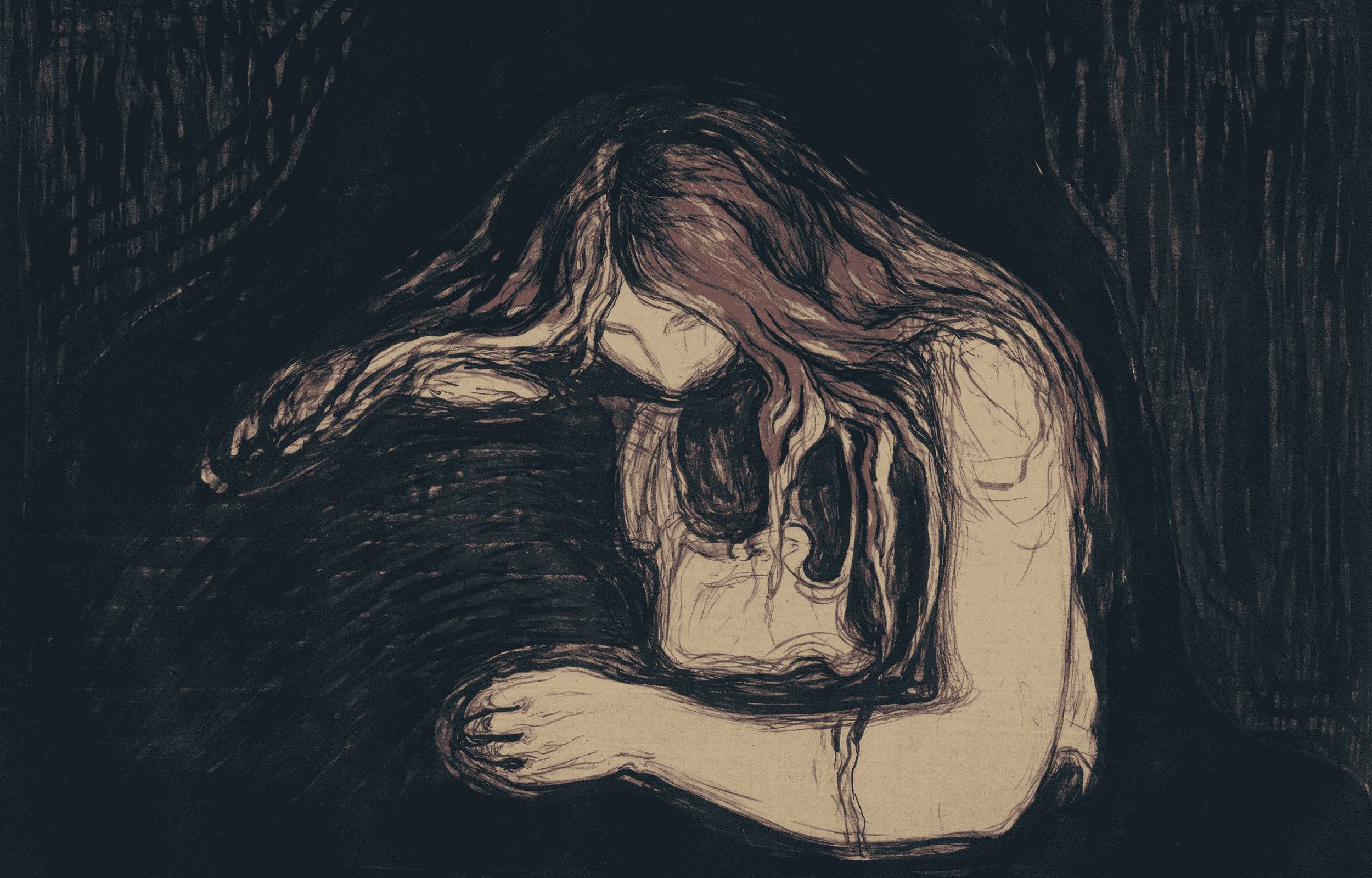In response, our brains and bodies develop automatic mechanisms to protect us—these are known as trauma responses.
These reactions often happen reflexively, without conscious choice. While they may have helped us survive in the past, trauma responses can disrupt daily life, relationships, and emotional well-being if left unaddressed.
What Are Trauma Responses?
Trauma responses are instinctive reactions to perceived danger. These reactions are shaped by the brain’s effort to keep us safe based on past threats. Even long after the threat is gone, these responses can remain activated, especially in people who have experienced ongoing or complex trauma.
The 4 Trauma Response Types: Fight, Flight, Freeze, and Fawn
Ψ Fight Response
The fight response is characterised by confrontation. This can manifest as irritability, defensiveness, or aggression. While it may appear rooted in anger, it’s often driven by fear and the need to regain control in threatening situations.
Helpful in true danger, but may cause interpersonal conflict when over-activated.
Ψ Flight Response
The flight response involves escape. It may look like avoiding conflict, overworking, or feeling the urge to leave situations that feel overwhelming, whether it’s physically or emotionally.
Flight offers protection, but constant avoidance can limit connection and growth.
Ψ Freeze Response
Like a deer in headlights, the freeze response involves shutting down. You might feel numb, detached, or stuck, unable to speak or move. This mental “pause” helps the brain cope by disconnecting from the moment.
May delay healing if emotions remain unprocessed or repressed.
Ψ Fawn Response
The fawn response is the least talked about. It involves appeasing others to avoid conflict or danger. People who fawn may over-apologise, struggle with boundaries, or place others’ needs before their own to maintain safety and approval.
Over time, this leads to emotional exhaustion and unhealthy relationships.
Common Signs of Trauma in Daily Life
Even when the traumatic event is long past, trauma responses can continue to affect how we think, feel, and relate to others.
Ψ Hypervigilance
A state of constant alertness and scanning for danger even when none exists. This may cause overreactions in situations that feel “normal” to others.
Ψ Emotional Dysregulation
Difficulty managing emotions. You may shut down, feel numb, lash out, or experience intense mood swings without clear triggers.
Ψ Negative Self-Perception
People with unresolved trauma often internalise harmful self-beliefs (“I’m not good enough,” “I’m unlovable”). These aren’t facts, but echoes of how others treated them.
Ψ Difficulty Trusting Others
Trauma can create a deep-rooted fear of rejection or betrayal, leading to withdrawal, isolation, or fear of intimacy, even when connection is desired.
How to Heal from Trauma: Steps Toward Recovery
Understanding your trauma is the first step toward healing. Here are small but meaningful ways to start your journey.
Techniques like box breathing or the 5-4-3-2-1 method bring you back to the present when anxiety or panic sets in.
Ψ Journal to Process Emotions
Journalling helps you organise thoughts, release built-up tension, and track your healing journey over time.
Ψ Practise Restorative Self-Care
Prioritise rest, nourishment, and comfort. This may include spending time in nature, engaging in hobbies, or simply taking breaks when needed.
When to See a Psychologist for Trauma Support
You don’t have to heal alone. A clinical psychologist can help you:
Understand your trauma responses
Rebuild a sense of safety and trust
Learn healthy coping strategies
Strengthen relationships and emotional resilience
Therapy provides a safe space to process trauma without judgment and develop practical tools to support your mental health long-term.
Final Thoughts
Healing from trauma isn’t linear. It’s okay if you take two steps forward and one step back. What matters is that you’re moving forward at your own pace with tools, awareness, and support.
If you’re ready to take that first step, reach out to our psychologists to begin your healing journey today.










